MMM members share news of their grassroots work with and for mothers
20.05.19
At our recent AGM held in Brussels, we were proud to welcome so many of our new members. It was a rich day filled with passion and diversity as each organization offered their individual testimonial on the valuable work they are carrying out in the field.
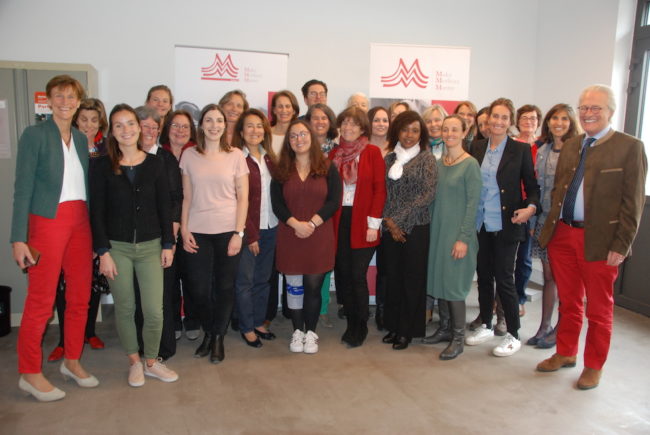
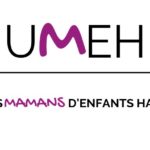 Laura Fiquet, Union des Mamans d’Enfants Handicapés (UMEH) – France (and beyond)
Laura Fiquet, Union des Mamans d’Enfants Handicapés (UMEH) – France (and beyond)
I am a single mother with a disabled child. I have always wanted to reconcile my intense life as a mother, with a fulfilling job. But faced with difficulties in finding an appropriate care facility for my child, I cannot access a job. I am in a precarious situation and vulnerable socially. Legally, I get minimum allocations. Looking after a disabled child gets no recognition whatsoever. I want to work towards bringing about a real status for carers, enabling access to better social rights. In 2014, I created a Facebook group to fight isolation called l’Union des Mamans d’enfants Handicapés – UMEH – (the Mothers Union of disabled children). Today, this group has become an association and we have grown to nearly 12, 000 mothers who support each other. In 2016, we also created a network of “family carer entrepreneurs”. Our aim is that mother carers could also become actors in the local economy and be present for their disabled children. How to change the way people perceive the issue of handicap, how to further the cause of women who bring up children to be citizens with a different tomorrow…these are the big issues that concern us.
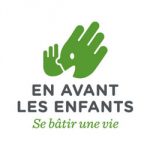 Alain Engelbert, En Avant les Enfants ( EALE ) – Belgium/Democratic Republic of Congo
Alain Engelbert, En Avant les Enfants ( EALE ) – Belgium/Democratic Republic of Congo
We prioritize sustainability in all our activities. What is important for us is developing the intergenerational aspect like in our project for isolated grandmothers and their grandchildren. It is buying two and a half hectares of land for a community vegetable garden without having the first penny in hand. It is ensuring the transmission and securing the future of our projects by partnering with the younger generations. It is aiming at quality rather than quantity with the Kivu International School to rebuild the country. It is continuing to support and empower 5000 to 6000 mothers. We sometimes have to go beyond our limits… and always move forward.
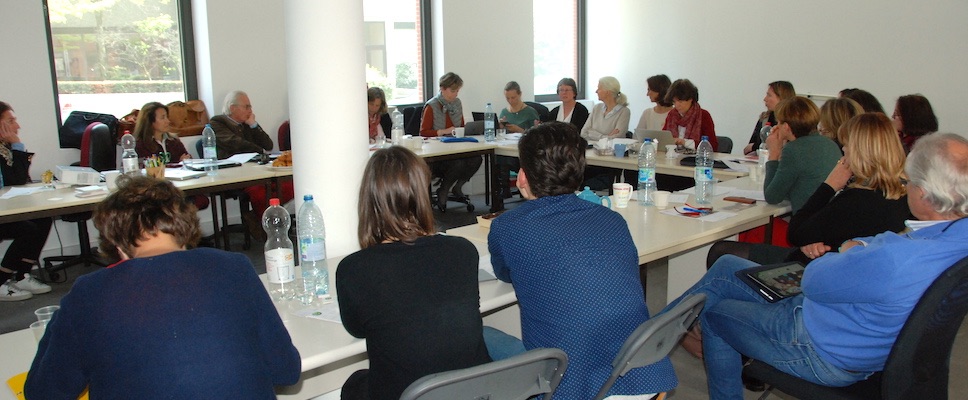
Caroline Piret, Viallaite – Cameroun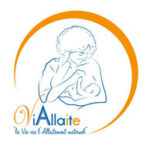
Breastfeeding enables us to protect babies from dangerous feeding alternatives for their health; to raise awareness of mothers on good practices for their own health and their children’s; to strengthen the mother-child bond and to bring security to over 25 000 mothers each year. This is thanks to Viallaite who supports and accompanies them all the way, thanks to 3 trained counselors, and the partnership with 14 hospitals. Awareness talks with the nursing hospital staff, partnerships with vegetable and fruit sellers in the markets – who become Viallaite supporters and spread the word… healthy nutrition is crucial for a good start in life and breastfeeding doesn’t counter progress and modernity, on the contrary!
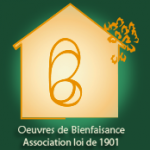 Marie-Noëlle Couderc, La Maison de Tom Pouce – France
Marie-Noëlle Couderc, La Maison de Tom Pouce – France
We offer support to a dozen young pregnant and very vulnerable women. We tackle situations that are not addressed anymore… for which we find solutions after saying YES! At present, we often welcome forlorn teenagers, mostly African, who are removed from trafficking networks. We know all about early pregnancies and posttraumatic migration symptoms. We have to adapt continually. There is a constant need for training as we face the emergence of traumatic expression, showing the way to healing but that has to be managed. Tom Pouce is a dedicated and multidisciplinary team of 24 people who support these women around the clock, night and day. The main challenge is to build a communication of trust and truth to foster a “heart to heart” relationship thus enabling them to make a new start in life with their baby.
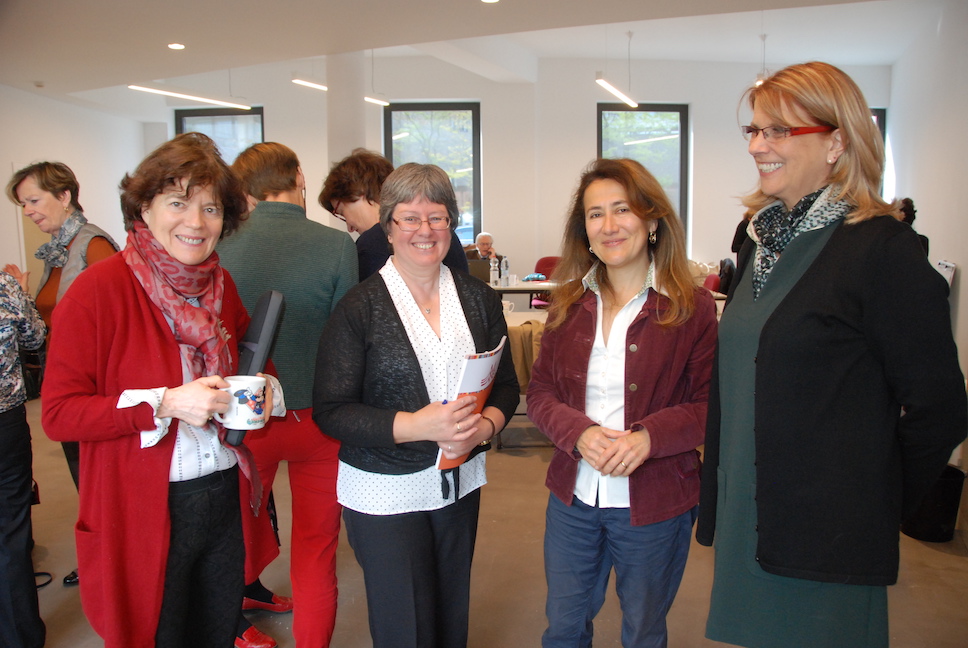
Marie-Liesse Mandula, Secretary General MMM; Liz Kelly, President Irish Maternity Support Network; Johanna Schima, Head MMM EU Delegation; Marie-Noelle Couderc, President La Maison de Tom Pouce
Liz Kelly, Irish Maternity Support Network – Ireland
We offer help to all users of the maternity services as well as the people who work there, especially the midwives – in shortage and to this day, state-dependent – who are nevertheless core to the support of the mothers themselves.
There have been steps forward such as the freedom of choice for women concerning their maternity and many efforts for more quality care. However, equity of access and perinatal mental health structures are sorely lacking. Attitudes and mentalities still need to be sensitized. We address many cases of abuse and obstetrical violence. Data is not available and mandatory requests or investigations that enable us to learn from accidents, do not exist in our country. We firmly believe in collaborative advocacy and working with other stakeholders to push forward a high-quality maternal health service in Ireland.
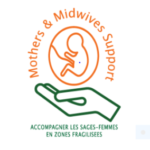 Claire Thibaut, Mothers and Midwives Support (M&MS) – Belgium/Democratic Republic of Congo
Claire Thibaut, Mothers and Midwives Support (M&MS) – Belgium/Democratic Republic of Congo
Development is possible when everyone participates. This is my deeply ingrained conviction, having worked as a midwife in the midst of various populations around the world to improve maternal health. I am continuing my mission with my newly created Belgian association Mothers and Midwives Support which operates in a remote island in the Democratic Republic of Congo. I choose to work with groups of women at grassroots level in the villages and with their communities…to promote local and sustainable solutions. Though I intervene for materials and logistics, I stick to my motto which is: to transmit, accompany, and to train but in no way to replace. If women gave up, the world would collapse …
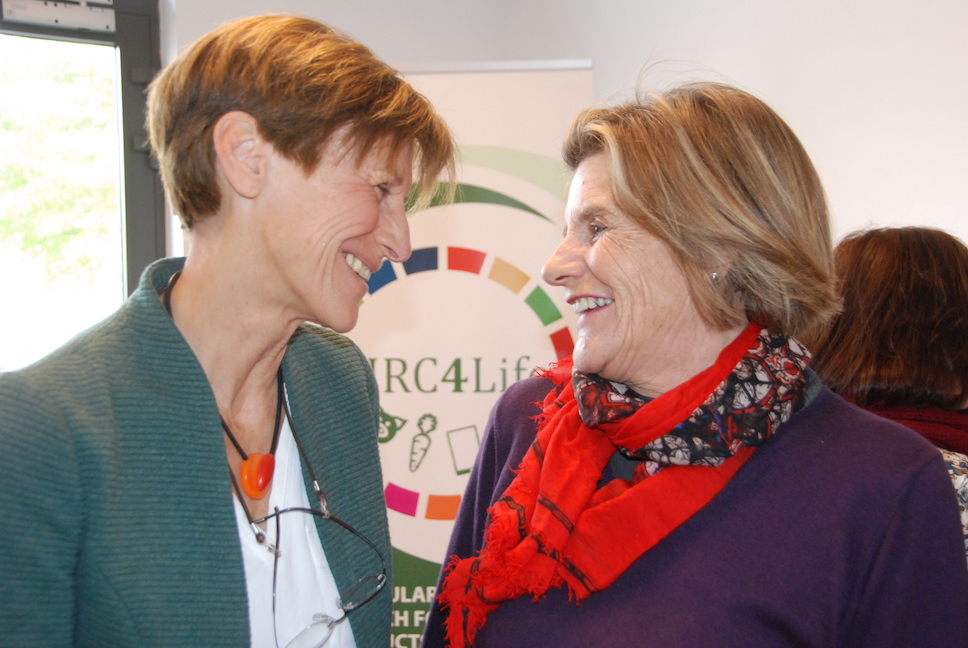
Claire Thibaut with Anne-Michelle de Mathelin, MMM EU Delegation
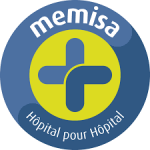 Barbara Lazaron, Memisa – Belgium/Democratic Republic of Congo, Benin, Burundi, Guinea, Mauritania, India
Barbara Lazaron, Memisa – Belgium/Democratic Republic of Congo, Benin, Burundi, Guinea, Mauritania, India
In 2018, Memisa supported directly or indirectly close to 100 000 births in 5 African countries. We work to facilitate access of vulnerable populations to quality health care with a special focus on maternal and child health. Our cross-cutting activities address the training and accompaniment of local health professionals, mutual health care and guarantee funds, emergency transportation including boat ambulances, investing in material and medication, improving and maintaining health infrastructures and buildings and raising awareness of the communities. In the Democratic Republic of Congo, where we are particularly active, 1 mother in 150 still dies in childbirth.
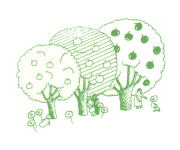 Amélie, Les 3 Pommiers – Belgium
Amélie, Les 3 Pommiers – Belgium
Les 3 Pommiers supports and empowers people who are battered by life, and amongst them, there is a noticeable turnover of vulnerable women, pregnant mothers and victims of violence. Les 3 Pommiers’ approach is multidisciplinary in all fields, welcoming varied and intergenerational populations, offering different types of lodgings and welcome centers, tailoring individualised support to all the beneficiaries. Les 3 Pommiers also manages a real estate agency specialised in welfare housing. Our guiding principle is to offer support and to accompany the women throughout “the time it takes”. We believe that time is a crucial factor for reconstruction.
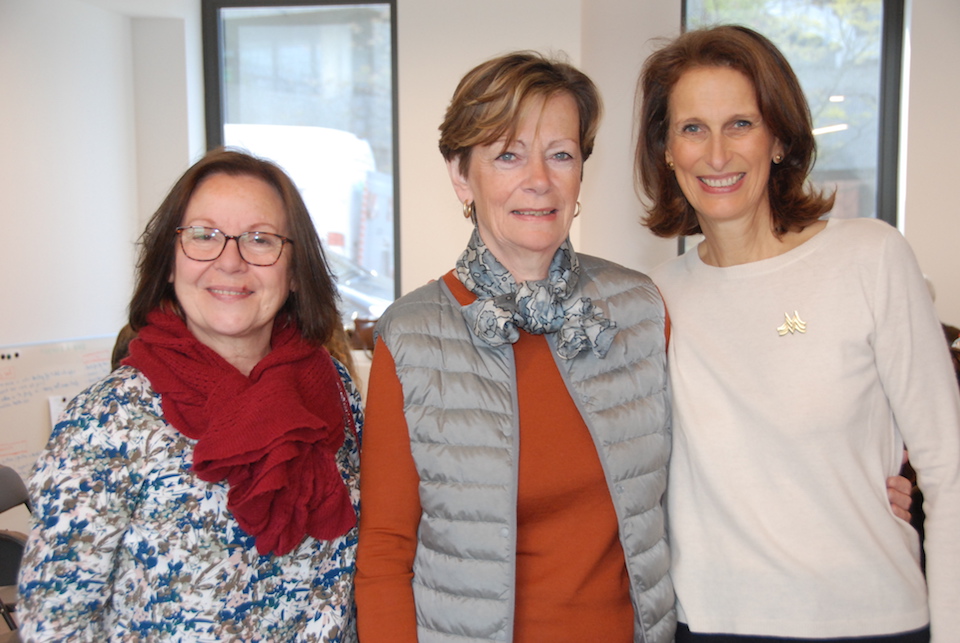
Jocelyne Le Pivain, MMM France President, Véronique de Vaumas, Webmaster for the MMM EU Delegation, Anne-Claire de Liedekerke, MMM President
The New EU Gender Equality Roadmap : A Call for Inclusion of Mothers
04.03.25
The European Commission’s initiative on a new Gender Equality Roadmap post-2025, marks a significant step forward in addressing gender disparities across the European Union. Make Mothers Matter (MMM
Breaking the Cycle: Gender Equality as a Path to Better Mental Health
18.03.25
The Council of the European Union has taken a decisive step in recognising the vital connection between gender equality and mental health.
Europe Must Listen to Mothers: Our landmark report heads to the European Parliament
28.08.25
On 22 September 2025, the voices of mothers will take centre stage in Brussels. For the first time, Make Mothers Matter (MMM) will present its State of Motherhood in Europe








